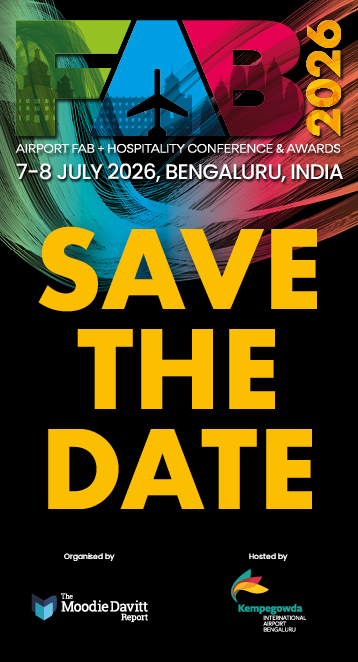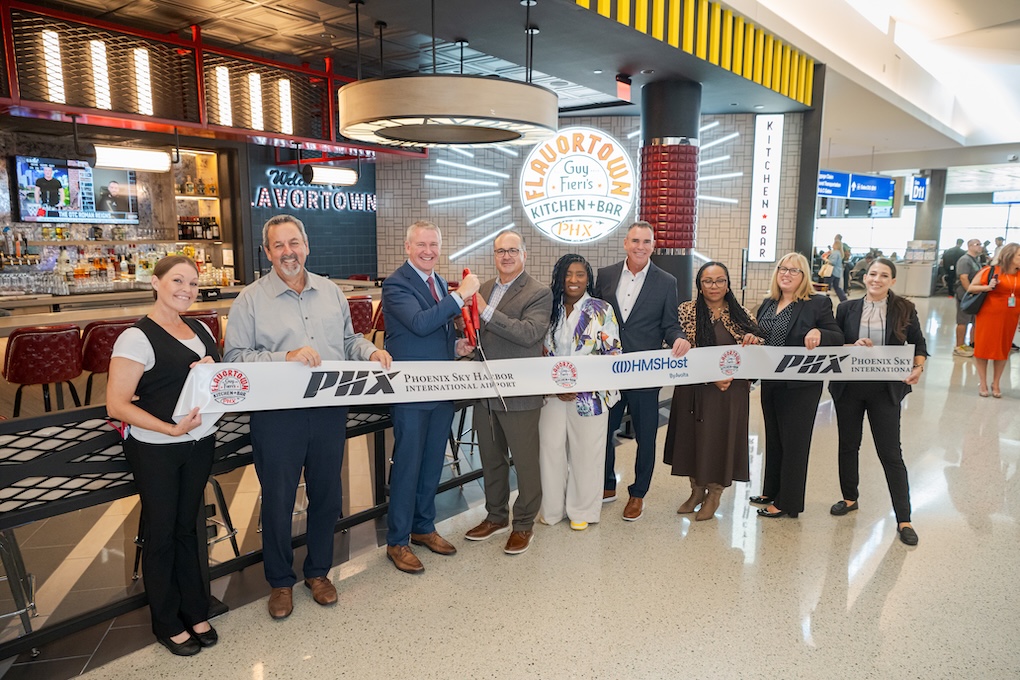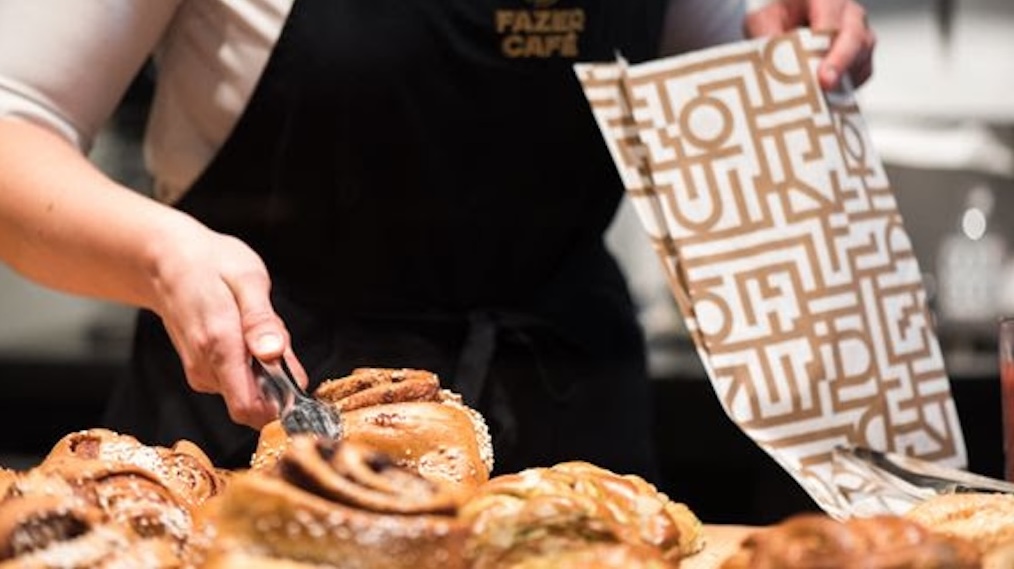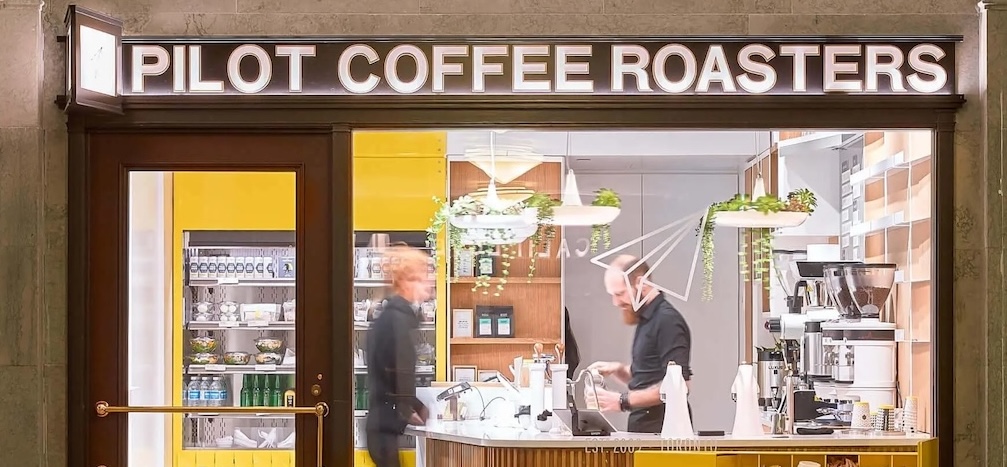UK. The UK government is about to begin a consultation period with stakeholders connected with alcohol consumption at airports. The aim is to determine whether regulation of airside drinking is required following a sharp rise in alcohol-related disorder on flights.
The Civil Aviation Authority reported a +36% increase in disruptive passenger incidents in the UK between 2014 and 2015 while Jet2.com alone noted 536 disruptive incidents in summer 2016.
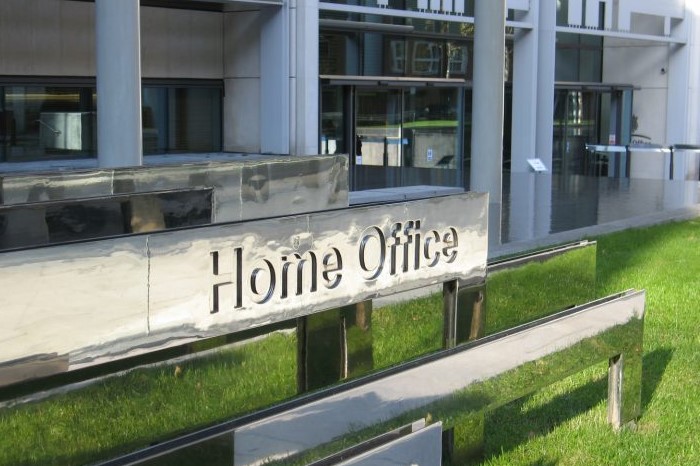
A source familiar with the process says the consultation is likely to start “within a month”. Contacted by The Moodie Davitt Report, a Home Office spokesperson said: “We will issue a Call for Evidence to assess the impact that an extension of the Licensing Act to airside premises at airports in England and Wales could have on reducing alcohol-related disruptive passenger behaviour. Most UK air passengers behave responsibly when flying, but any disruptive or drunk behaviour is entirely unacceptable.”
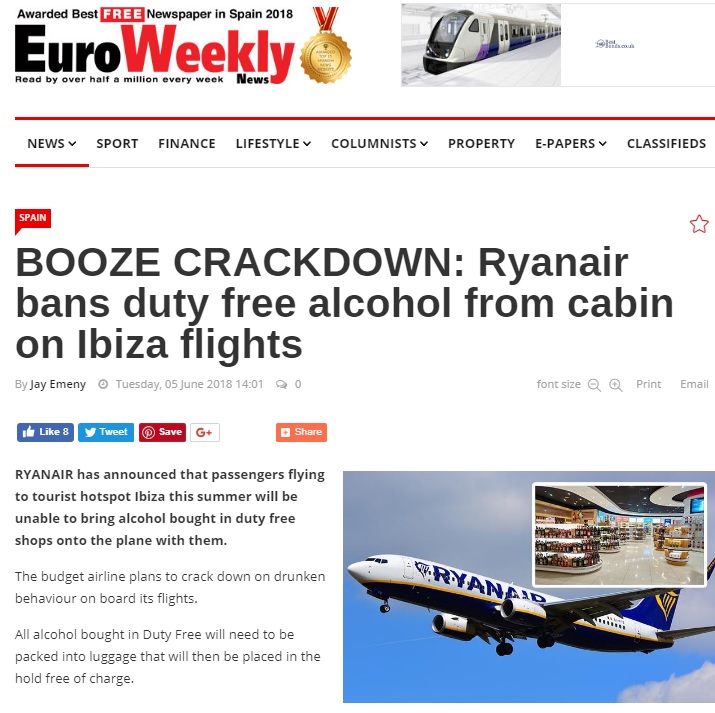
Airside drinking exempt from regulation… so far
Airside bars and restaurants at designated international airports in the UK have been exempt from licensing laws since 1956. The sale of airside alcohol at all but one international airport in England and Wales is currently exempt from the Licensing Act 2003.
A change to that exemption will have revenue and cost implications for both F&B concessionaires and airports – and possibly duty free retailers too, whose alcohol products might have to be sealed to stop pre-flight consumption.
The Call for Evidence – to be issued shortly – will allow the UK government to understand the true scale of the problem of drunk and disruptive passengers in England and Wales. The government will examine the efficacy of current statutory and voluntary arrangements in tackling the problem, assess the practicalities and resources required to implement the Licensing Act 2003 airside, including looking at how barriers that may hinder its effective administration may be overcome. It will also examine the impact that extending the act will have on businesses.
The government said it is already working with both airports and airlines to find further ways to tackle the issue as part of its new UK Aviation Strategy.

Hard-hitting House of Lords report
The Call for Evidence comes in the wake of a critical House of Lords Select Committee review of the Licensing Act 2003 issued last year. It recommended that the airside exemptions for UK international airports should be revoked.
The government’s Call for Evidence is in response to the Select Committee’s recommendation. The Home Office commented: “There are already tough penalties in place for drunkenness on an aircraft — you can be imprisoned for up to two years or given an unlimited fine. Pilots also have the power to remove passengers from the plane if they are drunk and the safety of the aircraft or its passengers is threatened.”
However airlines such as Ryanair and Jet2.com want airports to take more responsibility at their drinking establishments. A Code of Practice to create a common approach to prevent disruptive passenger behaviour has been supported by Airlines UK, the Airport Operators Association and the UK Travel Retail Forum. They jointly said last summer: “We believe this is the best way to tackle this issue.”
The House of Lords Select Committee has questioned the effectiveness of the Code by referring to alcohol test-purchases conducted airside by Sussex Police. The force said: “While improvements have now been made, during the first round of testing, all but one of the premises selling alcohol sold alcohol to our under 18-year-old test purchasers. No sanctions were possible due to none of the Licensing Act 2003 offences being relevant for airside premises.”
The Lords report noted: “We are not surprised the Sussex Police detected so many underage sales; the Code says nothing about them and, since the Act does not apply, the sale of alcohol to children under 18 is not an offence.”
Airlines UK, the association representing UK-registered carriers, has also called for an amendment of the Air Navigation Order to make consumption of a passenger’s own alcohol onboard an aircraft a criminal offence.





